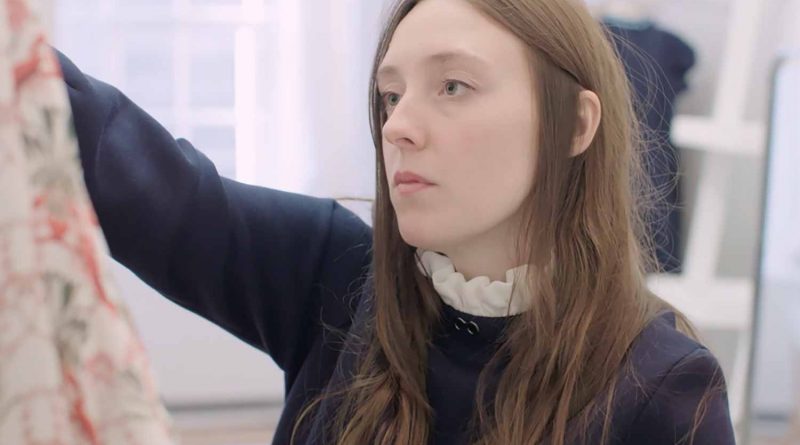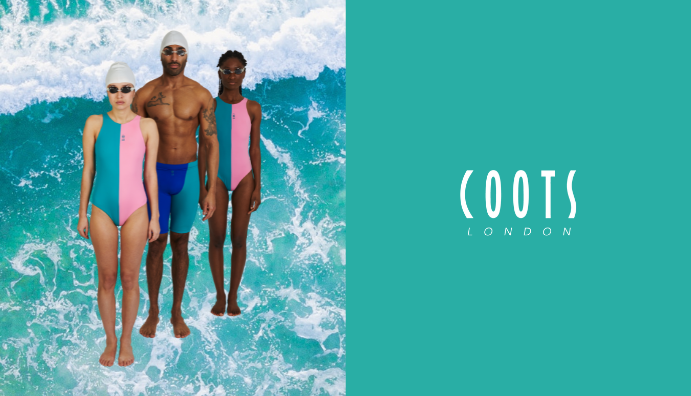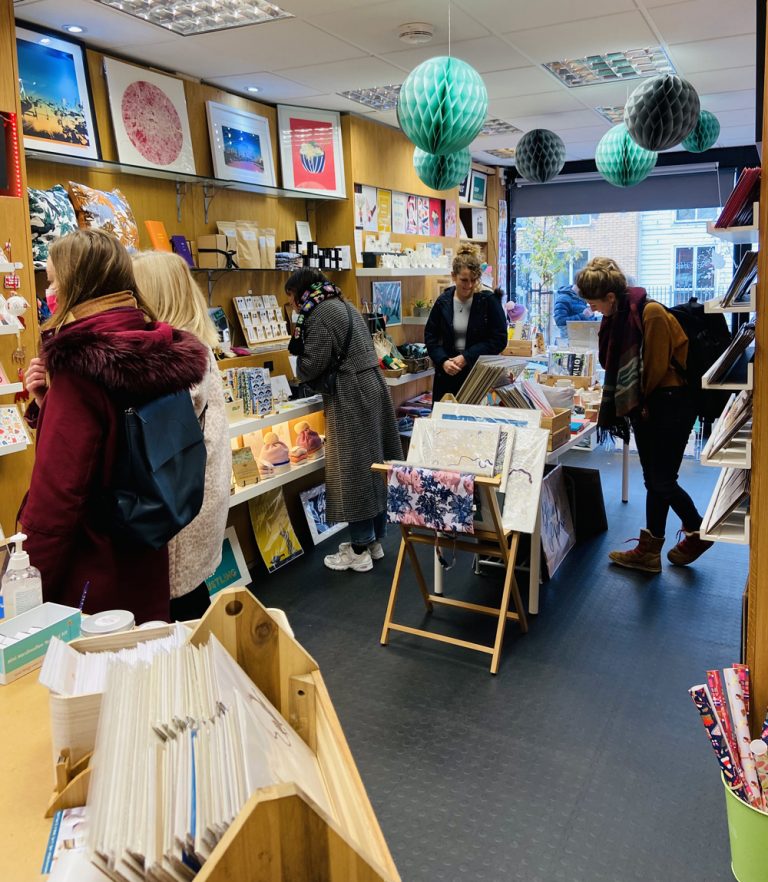Sourced in Uruguay and made in Mile End: Amy Powney’s dream to create a sustainable fashion collection
A new documentary traces Mother of Pearl designer Amy Powney’s journey from living in a caravan to creating sustainable luxury couture and fighting to overturn our wasteful shopping habits.
Not unlike our local boaties lined up on the Regent’s Canal outside Mother of Pearl’s fashion studios in Mile End, Amy Powney, 38, grew up in a caravan roaming around rural England.
With no water, electricity or heating, Powney’s off-the-grid upbringing is not what you’d expect from the creative designer of Mother of Pearl, a luxury fashion brand where you’re hard-pressed to find a T-shirt costing less than £75.
Powney says that she never felt like she fitted into the fashion scene, but it was her unconventional childhood that brought Powney into contact with nature, sowing the seeds of her dream to make a truly sustainable fashion collection from field to finished garment.
A new documentary about Powney titled Fashion Reimagined tells her story from an outsider growing up in Lancashire to the Creative Director of Mother of Pearl.
After winning an industrial cash prize for emerging designers in 2017, Powney embarked on her No Frills collection, vowing to make clothes with a minimal carbon footprint in a traceable and transparent supply chain using as few chemicals as possible.
The film follows Powney from the catwalks of Europe to wool suppliers in Uruguay, but the beating heart of the business is closer to home in Mile End, where the Mother of Pearl team moved five years ago after being pushed out of its studio in Aldgate by high-rise developments and office buildings.
Found just across the canal from Acme art studios and next to British fashion designer Henry Holland’s former studio, artists have been coming to East London from the early days of the twentieth century and our area remains a hub of creativity and innovation.
It’s not like if I do better for the planet then I get a golden ticket to live on a planet that’s surviving. We all live on the same planet and the way each individual lives is impacting that planet for us and our children.
Amy Powney
One of the only truly sustainable fashion brands in an industry swamped with greenwashing, there are moments in the documentary when Powney is pictured in her busy Mile End studio questioning whether her mission is even possible. She says the biggest challenge of being an independent business in the fashion industry is making ends meet financially.
‘Without having the big cash flows that large companies have it’s really complicated to keep up with wages while growing the company and being the right brand doing the right thing. It always comes back to the finances and that’s the truth of it,’ she says.
Sustainable fashion is often associated with higher price tags because ethical, independent brands don’t have the buying power of larger companies which pushes price points up.
But according to Powney: ‘Sustainable fashion is about a mindset. We can always be sustainably focused consumers who buy fewer clothes, re-wear them, re-sell them if we fall out of love with them, and not buy heaps of clothes that we don’t need.’
On and around Roman Road there’s an abundance of charity shops and places to bag a vintage bargain. In spite of her day job designing environmentally-friendly frocks for the rich and famous, Powney buys 90% of her children’s clothes from charity shops and says the stigma surrounding second-hand clothing needs to be changed in the industry.
Powney accepts that most people cannot afford a Mother of Pearl recycled dress costing £350, or might not have the time to scour the racks of charity shops to find that rare vintage gem.
‘It’s our relationship with buying that we need to address. It’s all about changing our association with shopping and not thinking of our clothes as trash.
‘I’m not talking about the people on the bread line who are choosing between heating and eating. The people who can only afford to buy £1 T-shirts do not have a large carbon footprint, they are the ones finishing all the food in their fridge and not turning on their heating on.’
‘But if you can afford to buy lots of £1 T-shirts or even £5 T-shirts then you can buy less but buy better for the same cost. There’s absolutely no way that the person picking the cotton or spinning the cotton or making that £1 T-shirt is being paid a living wage.’
Fashion Reimagined reminds us of myriad shocking stats about the fast fashion industry, like how three in five garments made today end up in a landfill. But it differs from other exposes in its vision of telling the story behind the impact, and carving out an alternative route for fashion brands.
As well as hoping to inspire people to make more environmentally conscious fashion choices, Powney says that Mother of Pearl wants to share its learnings with other brands and companies in the industry.
‘It’s not like if I do better for the planet then I get a golden ticket to live on a planet that’s surviving.’ Says Powney: ‘We all live on the same planet and the way each individual lives is impacting that planet for us and our children.’
With V&A East opening in Stratford next year, and the likes of Poplar Works’ sustainable fashion studios already paving the way for local designers, the resourcefulness of the East End is sure to provide fertile soil for more brands like Powney’s.
And her advice to other eco-warriors entering the fashion industry?
‘Just start. Don’t feel overwhelmed by the task. Lay it out phase by phase, giving yourself weekly, monthly, and yearly goals.
‘It’s the same as if you’re setting out a fitness plan to go to the gym,’ says Powney: ‘A lot of people put it off but once you crack the surface and start to feel encouraged then you’re motivated to go back. It’s human nature.’
If you enjoyed this piece, you might like our guide to local shops and initiatives championing sustainable living.




